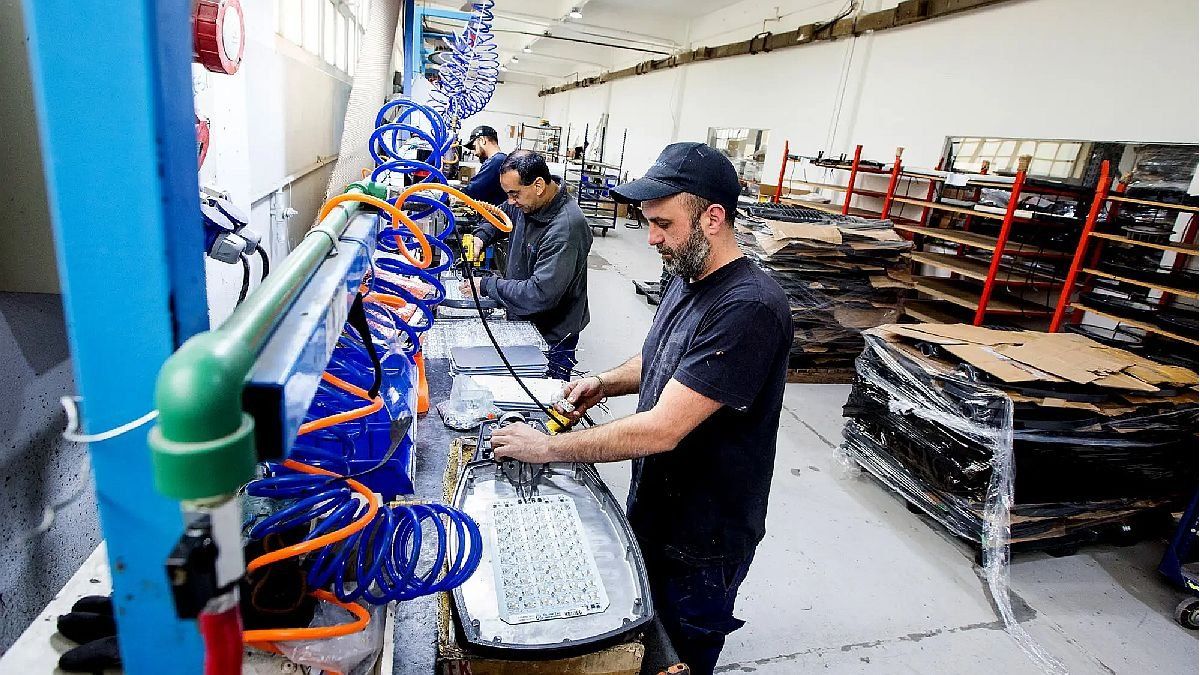As the work reveals, the import brake is affecting the ability to meet domestic demand, in a context in which this variable is strong. By case, 65% of SME industries cannot find a local supplier to replace the foreign one. Among the direct importers, which are about 5,300 firms (28%), only 8% could completely substitute imports and 24% could partially assume it.
On the other hand, among those that could not substitute, some 3,500 companies face “serious drawbacks to continue production in the face of exchange restrictions that hinder the provision of imported raw materials, inputs and intermediate goods”, says the private report, in which it is revealed that according to the estimates of the businessmen of that group, production would drop by 13% in the remainder of the year.
“Expectations are an essential component of economic development and a major challenge for policy makers to achieve improvements or reverse them,” says the SME Observatory Foundation.
Of the group of companies studied, only 28% do not use imported inputs in their production process, which represents a group of another 3,500 that could continue to operate normally.
The report, meanwhile, warns that there is a paradox: for the first time in five years, the confidence of SME industrial entrepreneurs falls in a context in which their activity is growing. According to Foundation estimates, in the second quarter production grew to 54.9 points due to the strength of demand, but the outlook for the future is for it to fall to 37.2 points.
Vincent Donado, director of the SME Observatory, told Ámbito that “the climate of the last quarter was very complicated”. “People are very concerned about inflation, which was on the rise until July. August seems to have been more stable but not with a great decrease”, he indicated. The economist specified that the number of companies that say that it is difficult for them to satisfy the demand is increasing. “In other words, the demand is high, but almost 42% cannot satisfy it,” he explained.
The inconveniences to continue fulfilling orders is due to the fact that they cannot access supplies and reflect problems in establishing a cost and a price. “They don’t know what price to sell at. There is a lot of uncertainty,” explained Donato. For the economist “at this time the reconstruction of confidence is central” because “The economy is going to cool down in the second half.”
As detailed, the problem ofTrust is more serious in the eyes of SMEs on the Government, than on the company itself or the sector. To prepare the business confidence index, these three variables are weighted. The one that falls deeper is the one that measures the state of mind regarding the situation in the country.
Source: Ambito
David William is a talented author who has made a name for himself in the world of writing. He is a professional author who writes on a wide range of topics, from general interest to opinion news. David is currently working as a writer at 24 hours worlds where he brings his unique perspective and in-depth research to his articles, making them both informative and engaging.




